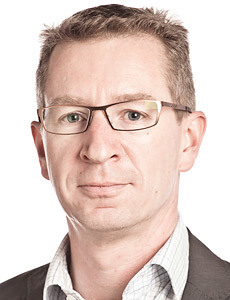ReCyCol: Reversible dyeing technologies for a sustainable textile industry
Start date: 2014-12-15
End date: 2015-08-14
Increasing worldwide populations together with a limited access to virgin fibers cause a great concern to the society: after peak oil, we are now reaching peak cotton. Therefore increasing textile waste recovery is crucial. By 2020, the Swedish environmental protection agency recommends that 25 percent of the textile products introduced on the market should be recycled into new textile.
To shift textile recycling from current low value products such as fire blankets or insulation materials to high value fabrics, the key issue of color removal must be addressed. Being at the forefront of environmental engineering and innovation, Sweden, with its traditionally strong textile industry, is a perfect candidate to take up this challenge. This project will gather partners from the whole textile chain, from fabric manufacturers to recycling organizations.
Together we will identify the industrial and societal needs and limitations for new processes to increase the success rate of the project. By reinventing dyeing technologies to account for the lack of reversible feature already in the design process, recycling possibilities will be significantly increased, leading to long term business perspectives and competitiveness. The success of this project will be ensured by direct communication to end-users, industries and public agencies.
This work could contribute to the establishment of new regulations and policies to initiate a global revolution of the dyeing industry towards sustainability.
External project managers
- Romain Bordes, Chalmers Tekniska Högskola
- Dr. Marie V. Walter, SP
- Dr. Hanna de la Motte, SP
Project Leader
Vincent Nierstrasz
Professor
033-435 4159


